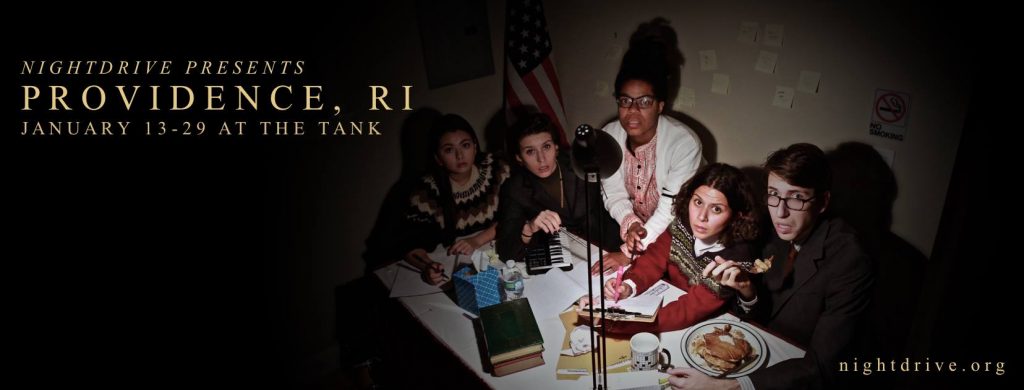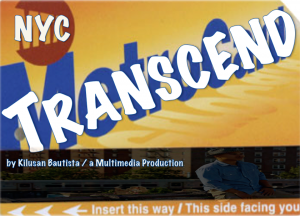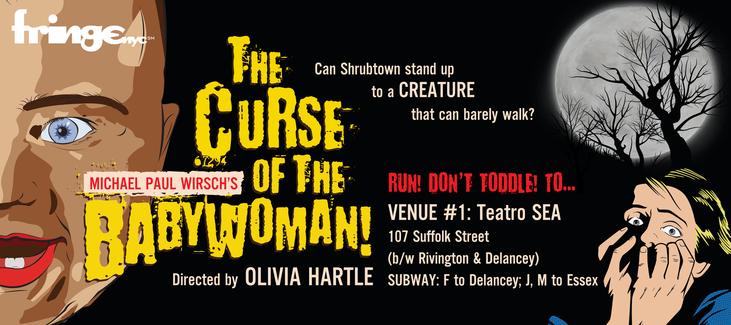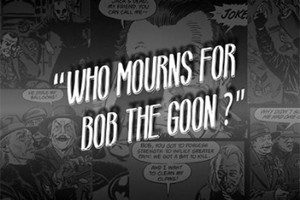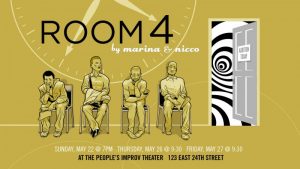 Waiting in the room for your audition can be brutal—it can start to feel like you’re living in Groundhog Day, seeing the same folks who play the same types that you do, waiting for the same similar roles, on the same similar kinds of projects, audition after audition, day after day…
Waiting in the room for your audition can be brutal—it can start to feel like you’re living in Groundhog Day, seeing the same folks who play the same types that you do, waiting for the same similar roles, on the same similar kinds of projects, audition after audition, day after day…
Marina & Nicco‘s new show Room 4 takes that familiar actor struggle and makes it an actor hell, creating a No Exit kind of scenario where four actors realize that, indeed, the same audition call is starting to repeat itself. But, what starts as a brilliant concept for a fun, funny show becomes an incredible commentary on the state of the entertainment business (and, by extension, the United States) by adding in the fact that these are four black actors, all vying for the same stereotypical role in a standard crime procedural.
Biting, incisive, wonderfully-performed, and tears-streaming-down-your-face funny, Room 4 is a show that, as I say at the top of this interview, anyone listening to this podcast should go and see. You’ll have a blast in the room—and then you should have a great conversation at The PIT‘s bar afterward about what you’ve seen.
Listen in as the creators, Marina Tempelsman and Niccolo Aeed, and actor Temesgen Tocruray, discuss what stories you’re telling (and who you’re telling them for), writing for and with the actors in the ensemble, performing race in the theatre and for the people around you, using specificity to talk about universal issues, and how the arts can spark conversation and, eventually, change.
“I don’t know if we have a direct solution, I mean, other than ‘hire more black actors, directors, and writers.’ Give stage time to more diverse things, and don’t write necessarily for a white audience, write for your truth and honesty. But other than than, I think we wanted to really live in the moment, more than necessarily provide an answer…”
Continue reading →
Podcast: Play in new window | Download
Subscribe:
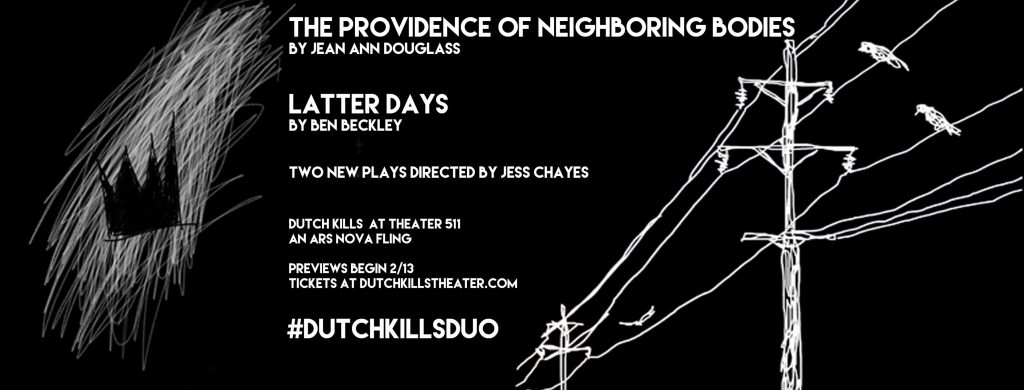 Listen in as Dutch Kills Theater Company Artistic Director Alley Scott, playwright Jean Ann Douglass, and actor Lori Parquet discuss The Providence of Neighboring Bodies, making work with your friends, inspiration from your hometown, how place informs character, different models for creating a production, and the magic & supportiveness of the indy theatre community.
Listen in as Dutch Kills Theater Company Artistic Director Alley Scott, playwright Jean Ann Douglass, and actor Lori Parquet discuss The Providence of Neighboring Bodies, making work with your friends, inspiration from your hometown, how place informs character, different models for creating a production, and the magic & supportiveness of the indy theatre community.
